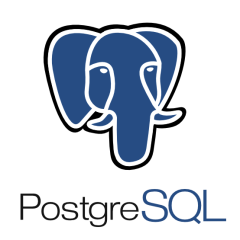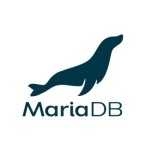We use PostgreSQL as a database, e.g. it's where we install the application. We also use it for all types of batch processing, and it also has the batch sequencing engine. We use it for everything, e.g. everything's right there in the database.
What I like most about PostgreSQL is its ease of management.
They should make PostgreSQL more secure. It's stable, but from a security point of view, it still needs improvement.
It's been a few years since I started using PostgreSQL.
PostgreSQL is a stable solution. It's also very easy to manage.
Installing PostgreSQL was straightforward. There were just a few parameters I needed to get through, then the process became straightforward. I was able to do the installation myself.
I did the implementation of PostgreSQL myself, and did not need a vendor or technical team to help me.
PostgreSQL is for personal use, e.g. I've been using it for my applications. It's deployed on cloud.
I'm not from the core database team, so whatever features are currently provided by this solution, I'm happy with them, e.g. PostgreSQL is fulfilling my needs. Our database administrators will be able to provide more information on areas for improvement for this solution, because they know all the ins and outs of the database. I'm using this for my application, and I have not faced any issues with it.
I'm part of a global company, and in our team, we keep recommending PostgreSQL to our client, but increasing the usage of this solution depends on the client, e.g. the one who pays.
We have more than 200,000 users of PostgreSQL.
In my project, I don't need a technical team for the deployment and maintenance of this solution, e.g. I can do it myself, but for other projects, deployment and maintenance could be handled by database administrators.
On a scale from one to ten, I'll rate PostgreSQL seven out of ten.




















